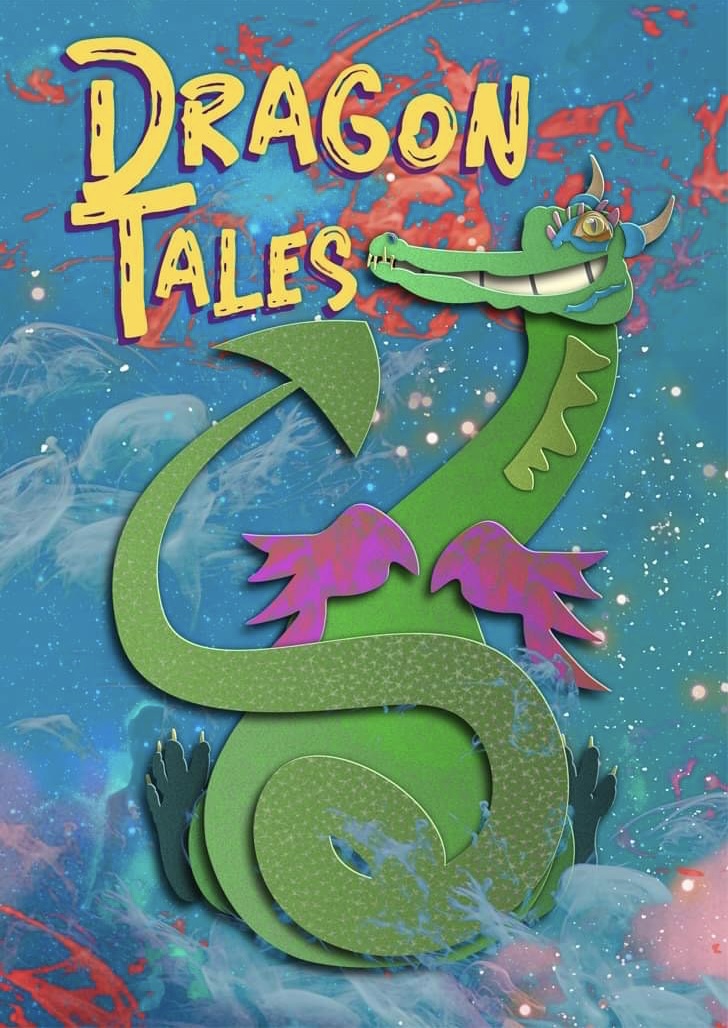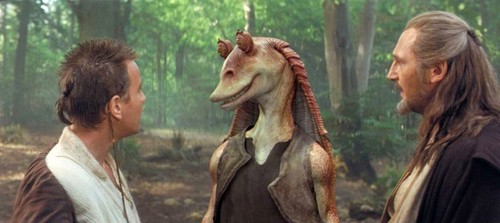One of the American television shows that I heard a ton about but never had time to watch was Lost. My wife borrowed the season sets from her brother, but only made it as far as season three before life took over. During that time where we weren’t watching, fan groups and some of my trusted friends were still abuzz about the series, so when the complete series boxset came available after the series finale in 2010, I knew that it was a series that I had to invest in.
For those who don’t know about Lost, this post will involve spoilers. If you intend on watching the show and want to experience it without knowing what’s coming, you probably want to stop reading and come back afterward.

What is Lost?
Lost was billed as a drama series, and ran on the ABC network from September 22, 2004 to May 23, 2010 over six seasons. The show is centered on the survivors of the crash of Oceanic 815, a commercial passenger jet traveling between Sydney, Australia and Los Angeles, California. The crash occurred on a mysterious, unnamed tropical island somewhere in the South Pacific Ocean. The show was told in episodes that primarily focused on the events on the island, with secondary stories that amplified events in the life of the central character for each episode. Lost was the brainchild of Jeffrey Lieber, J. J. Abrams, Damon Lindelof, and Carlton Cuse.
When I say that Lost was a drama series, that classification is a very generic brush stroke to apply. On its face, Lost was a character drama, but once I got invested, it was apparent that the show was part-drama, part-science fiction, part-fantasy, part-supernatural, part-hero quest, and part-mythological. The blessing and the curse of the show was that the mythos brought up a plethora of questions that spanned all six seasons before being answered. It was both frustrating and intriguing, and that was what I loved about it.
The frustration was amplified by the broad spectrum of cast members. In the show, of the 324 people on Oceanic 815, 70 people and one dog survived, spread across three sections of the plane. Season one focused on the survivors of the middle section, predominantly Doctor Jack Shephard, fugitive Kate Austen, con-man James “Sawyer” Ford, heroin-addict rock star Charlie Pace, former Iraqi soldier Sayid Jarrah, paraplegic John Locke, lottery winner Hugo “Hurley” Reyes, construction worker Michael Dawson and his son Walt, Korean couple Sun-Hwa and Jin-Soo Kwon, fueding siblings Boone Carlyle and Shannon Rutherford, and Claire Littleton, who is eight months pregnant. As the show went on, some characters died, others were introduced—especially after the discovery of the tail section and the people who were on the island before the crash—and links between all of the characters are established from their lives before the show.
What starts as a simple show about people stranded on a desert island starts getting into the science fiction within the first few episodes with the introduction of a monster made entirely of smoke. Characters also start seeing visions of dead friends and relatives, and eventually discover a mysterious hatch in the middle of the jungle. Also woven throughout events of the show and the characters lives before the island are The Numbers: 4, 8, 15, 16, 23, and 42.
As the show went on, we discovered that the survivors were not alone. First, there is the hostile seemingly primitive group known as The Others. Second, there are the remnants of the mysterious Dharma Initiative. Finally, there are the almost otherworldly inhabitants who have a greater purpose on the island.
Why I liked Lost
Anyone who knows me knows that I’m a sucker for epic mythology. Lost had that in spades.
One of the major complaints I heard about the show was that it was a victim of meandering stories that eventually headed in a somewhat decent conclusion, and I think that was a benefit to watching this on the DVDs. Watching without the waiting between seasons or over writers’ strikes helped me to see this more as a mini-series rather than a six-season series.
Seasons one, two, and three of the show were standard American seasons with 25, 24, and 23 episodes, respectively. Season four was supposed to have 16 episodes before the Writers Guild of America went on strike, and eventually ended up with 14. Season five went with 17 episodes, and season six ended the show with 18. The latter three seasons capitalized on the fact that the showrunners limited themselves to six seasons, particularly after the storylines started to wallow in stagnation in the third season. The ratings show how the show started to suffer in season three.

Lost had an overarching mythology that, once it finally got assembled, really kept me rolling. All the talk of The Numbers and Jacob and The Man in Black really came to a head for me with the eighth episode of the last season, when the show finally explained why everything was so important. Sure, The Numbers were retconned in to correspond with the remaining survivors of Oceanic 815 who were potential candidates to replace Jacob, the guardian of the island and protector of the world, but I didn’t care because it made sense to me. Jacob was a man who was forced into a sacred role and immortality without a choice, and a mistake he made in the nascent days of his role unleashed a great evil that had one goal: to take over the world. To get there, the evil Man in Black has to kill his brother, which he cannot do directly. The rest of it, from the button that has to be pushed every 108 minutes to prevent the destruction of the island to the quest to control the energy at the heart of the island speaks to me as the folly of man.
While a great deal of the show’s events relied on destiny and fate, that’s what myths depend on as well. Epic fantasy and science fiction, driven by powers outside the control on man, be it God, the Force, or whatever you want to call it, depends greatly on the possibility that certain things are destined to occur. In Lost, the candidates were destined to arrive and be tested on the island, and they were selected not because they were strong or smart, but because they were flawed. Only a flawed person, one who recognized and was willing to improve their shortcomings, could fill the role of protecting the island. More so, Jacob wanted his successor to choose to be the protector, not be pushed into it. Jack chose to take the responsibility directly, and Hurley chose indirectly by his continuous empathy and caring for his fellow survivors. Jack continually jockeyed for the leadership position with Sawyer and Locke, but everybody truly loved Hurley, and relied on him for support.
Religion and faith also played a major role from day one in the show, and I had no problem with the final resolution of the “sideways” storyline being nothing more than a waiting room for the Oceanic survivors before moving on to whatever lies beyond this life. Simply put, it was a method for each person to resolve any unfinished emotional business in their lives and remember the most important thing they did in the living world. Watching all of these people, who had fought each other while struggling to survive, come together with a common goal in mind moved me, and I thought the intent was beautiful.
But the thing that moved me even more was the poetic ending for Jack. He ended his journey exactly where he started it, and I bawled like a baby when he collapsed on the ground and Vincent—the dog who always had a knack for progressing the storyline when it needed a motivational kick—laid down next to Jack to ensure his last moments were not spent alone. I’m getting weepy even now as I put these words to the page. When a television show or a movie has the power to move me to tears, it takes a special place in my life. I can count on one hand the media that has accomplished that.
That was the effect that Lost had on me. It wasn’t just a drama series about survivors on an island with sci-fi and fantasy elements tossed in. When I partake of any story, but in particular science fiction, I look for how it applies to the human condition. Science fiction has always been an examination of the human condition by use of metaphor, and Lost did that. Each character was three-dimensional in my eyes, and character motivations were, for the most part, genuine. What solidified the characters for me was not only that genuine flavor, but the fact that they could evolve in believable ways as the plot progressed.
I know that the writing wasn’t always stable, and that there were problems with retroactively adding new characters into old situations as if they’d always been there, but for me, what I gained from experiencing the series far outweighs those minor quibbles.
Lost is a series I will go back to again in its entirety, and is a series that I feel has made a profound impact on my life.
—
Ratings graphic sourced from Wikipedia, © www.mysona.dk. Image is used under a Creative Commons Attribution-Share Alike Unported 3.0 License.
Lost title card image is copyright ABC, intended for use under terms of Fair Use for review of the series.










